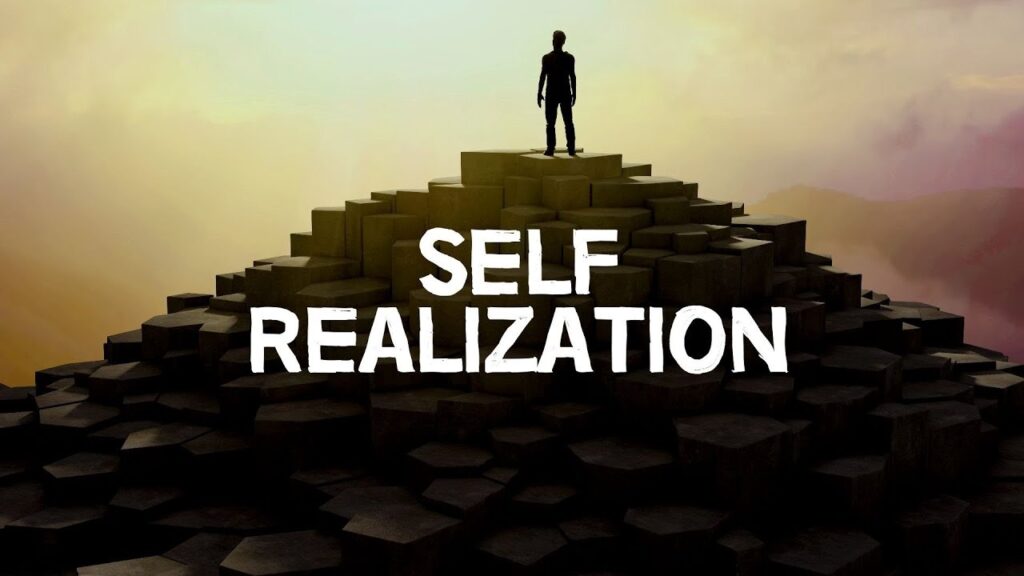Introduction
In today’s fast-paced world, where distractions abound and stress seems inevitable, the pursuit of inner peace and wisdom has become paramount. Amidst the chaos, many turn to meditation, an ancient practice with roots in various spiritual and philosophical traditions. Beyond its popular depiction as a relaxation technique, meditation serves as a profound pathway to tap into our innermost wisdom and spirituality. In this exploration, we delve into the philosophy of meditation, uncovering its profound implications for personal growth, spiritual enlightenment, and interconnectedness.
The Essence of Meditation
At its core, meditation is more than just a set of techniques; it embodies a way of being. It invites us to cultivate a state of mindful awareness, wherein we observe our thoughts, emotions, and sensations with non-judgmental attention. Through this process, we gradually disentangle ourselves from the incessant chatter of the mind and connect with a deeper dimension of existence.

The Philosophy Behind Meditation
The philosophy of meditation is multifaceted, drawing inspiration from diverse traditions such as Buddhism, Hinduism, Taoism, and Stoicism. While each tradition offers unique insights, they converge on fundamental principles:
- Impermanence: Central to Buddhist philosophy is the concept of impermanence (anicca), which asserts that all phenomena are transient and subject to change. Through meditation, practitioners develop insight into the impermanent nature of reality, freeing themselves from attachment and aversion.
- Non-Attachment: In Hinduism and Buddhism alike, the notion of non-attachment (vairagya) is paramount. By relinquishing attachment to transient phenomena, individuals cultivate inner peace and liberation from suffering. Meditation serves as a tool to transcend the ego’s grasp and abide in a state of equanimity.
- Unity Consciousness: Many spiritual traditions emphasize the interconnectedness of all beings and phenomena. Through meditation, individuals experientially realize this unity consciousness, transcending the illusion of separation and fostering compassion and empathy.
- Self-Realization: Meditation facilitates self-inquiry and introspection, leading to the realization of one’s true nature. Whether it be the Buddhist concept of emptiness (sunyata) or the Hindu notion of Atman-Brahman, meditation unveils the inherent wisdom and divinity within each individual.
Practices and Techniques
While the philosophy of meditation provides a conceptual framework, its essence is embodied through practice. Various techniques, ranging from mindfulness meditation to loving-kindness (Metta) meditation, serve as vehicles for self-exploration and transformation. Mindfulness meditation, for instance, involves attending to the present moment with open awareness, cultivating clarity and insight. Loving-kindness meditation, on the other hand, nurtures feelings of compassion and benevolence towards oneself and others, fostering emotional resilience and interconnectedness.
The Benefits of Meditation
The benefits of meditation are manifold, encompassing physical, mental, emotional, and spiritual well-being. Here, we explore some of the most prominent advantages that regular meditation practice offers:
- Stress Reduction: One of the most well-documented benefits of meditation is its ability to alleviate stress. By inducing a state of relaxation and calming the nervous system, meditation helps reduce the production of stress hormones such as cortisol, leading to a greater sense of tranquility and inner peace.
- Improved Focus and Concentration: Meditation cultivates mindfulness, the practice of being fully present and attentive to the present moment. Through regular practice, individuals develop heightened focus and concentration, enabling them to sustain attention on tasks and activities with greater clarity and efficiency.
- Enhanced Emotional Regulation: Meditation equips individuals with tools to navigate their emotional landscape with greater skill and resilience. By fostering self-awareness and acceptance of one’s thoughts and feelings, meditation helps regulate emotions, reducing reactivity and promoting emotional stability.
- Increased Self-Awareness: Through the practice of meditation, individuals develop a deeper understanding of themselves, including their thoughts, emotions, and behavioral patterns. This heightened self-awareness fosters personal growth and empowers individuals to make conscious choices aligned with their values and aspirations.
- Greater Resilience to Adversity: Meditation strengthens psychological resilience, the ability to bounce back from setbacks and adversity. By cultivating a non-judgmental attitude towards challenges and developing a sense of inner calm and equanimity, individuals become better equipped to navigate life’s inevitable ups and downs with grace and resilience.
- Improved Sleep Quality: Many people struggle with sleep disturbances due to stress, anxiety, or racing thoughts. Meditation promotes relaxation and mental calmness, making it an effective tool for improving sleep quality and promoting restful sleep patterns.
- Enhanced Creativity and Problem-Solving Skills: Meditation has been shown to stimulate divergent thinking, the ability to generate creative ideas and solutions. By quieting the mind and accessing deeper levels of consciousness, meditation enhances creativity and facilitates innovative problem-solving.
- Boosted Immune Function: Research suggests that regular meditation practice can strengthen the immune system, reducing the incidence of illness and enhancing overall health and well-being. Meditation’s stress-reducing effects contribute to a more robust immune response, bolstering the body’s natural defenses against pathogens and disease.
- Promotion of Compassion and Empathy: Meditation cultivates qualities such as compassion, empathy, and altruism towards oneself and others. By fostering a sense of interconnectedness and interdependence, meditation promotes prosocial behavior and enhances social cohesion and harmony.
- Spiritual Growth and Connection: For many practitioners, meditation serves as a profound spiritual practice, facilitating a deeper connection to oneself, others, and the transcendent dimensions of existence. Through meditation, individuals may experience moments of profound insight, awe, and transcendence, leading to spiritual awakening and self-realization.
Challenges and Pitfalls
Despite its profound potential, meditation is not without challenges. Many beginners struggle with a restless mind, intrusive thoughts, and unrealistic expectations. Moreover, some individuals may encounter psychological resistance or unearth deeply buried emotions during meditation. However, these challenges are integral to the transformative process, inviting practitioners to embrace discomfort and cultivate patience and perseverance.
Conclusion: Embracing the Journey
In essence, the philosophy of meditation is a journey of self-discovery and spiritual awakening. It beckons us to transcend the confines of egoic identification and tap into the boundless reservoir of inner wisdom. As we navigate the depths of our consciousness through meditation, we come to realize that the true essence of spirituality lies not in dogma or doctrine but in direct experience. In the words of Zen master Thich Nhat Hanh, “Peace is every step.” Through each mindful breath and compassionate gesture, we inch closer to the realization of our interconnectedness with all beings and the universe itself.
In the pursuit of inner wisdom, may we find solace in the stillness of our hearts and the silence of our minds. And may the practice of meditation serve as a guiding light, illuminating the path to awakening and liberation.


